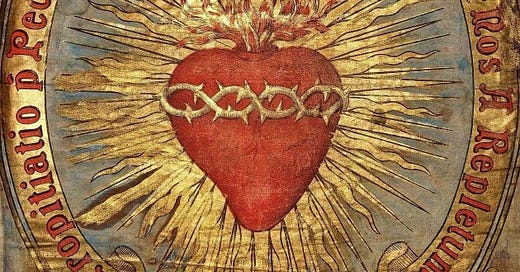Lately I’ve been noticing a trend in the way Catholics talk with both non-Catholics and each other about the faith, especially online, and it’s concerning.
I like to call these videos “gotcha apologetics:” defenses of the faith (or political opinions under the guise of being “of the faith”) that are more about “owning the libs” or “dunking on the rad trads” than speaking with charity and invitation to Christ's perfect love as revealed by Church teaching. There’s a sense of relish in being “right” and “based” over living in and from Christ’s grace, a sense of greater masculinity in having all the facts and argument tactics over deep, unitive prayer with the Father. (Side note: two guys with great things to say about this are
and Connor McLaughlin).But those who make “gotcha content” aren’t operating independently of pop culture; they’re ever-interlinked with it. Cyberbullying has been a problem since the dawn of social media, and polarizing content has gotten more popular since Instagram changed its feed to operate algorithmically instead of chronologically in March of 2016. Algorithmic bad news gets more attention, and human beings like attention.
Case in point: the virtue I notice many people in today’s culture actively run away from is purity of heart. Also known as: innocence.
When I first think about this virtue, I typically only go as deep as understanding that I’m better off without books, music, and movies that glorify mortal sins. But there’s a lot more here than only the avoidance of these types of media: I notice a vicious internet culture in which people love to feel right more than they love to care for others.
How did we get here, and why do so many people seem to want nothing to do with the virtue of innocence? Let me explain.




